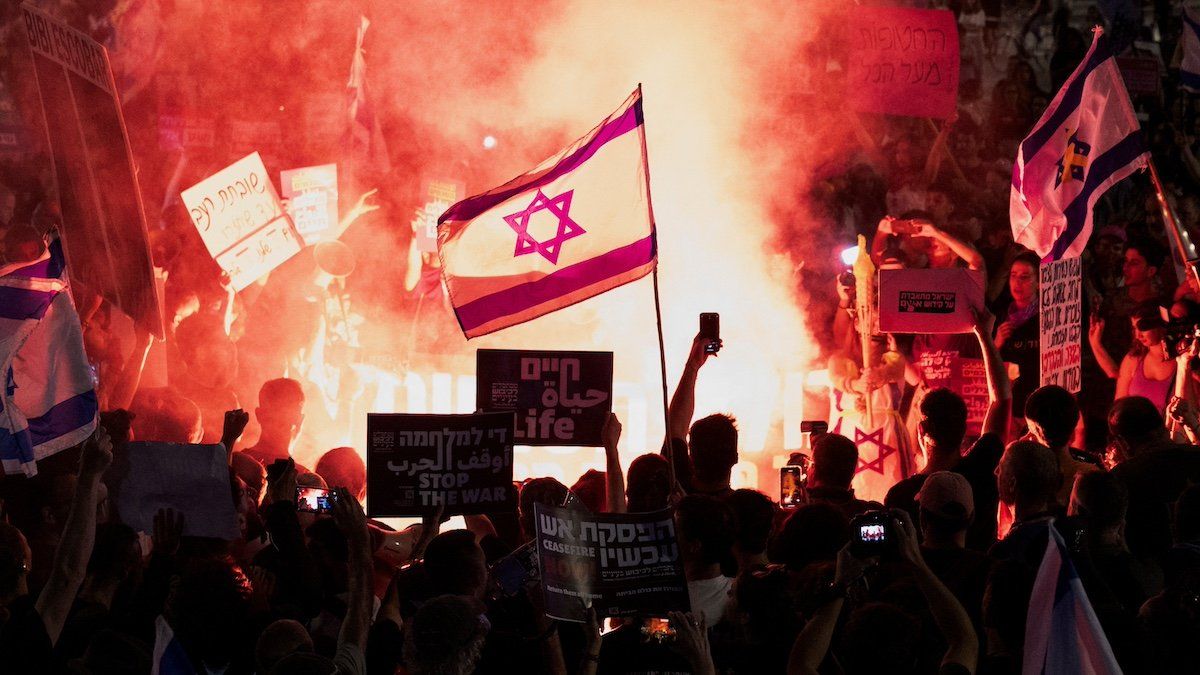Israel is reportedly expected to accept US President Joe Biden’s proposal for a cease-fire with Hamas. The three-phase plan includes a six-week stop to combat, hostage releases in exchange for Palestinian prisoners, and, in an eventual third chapter, a permanent cessation of hostilities and reconstruction. Ophir Falk, chief foreign policy advisor to Prime Minister Benjamin Netanyahu, said of the deal that “it’s not a good deal, but we dearly want the hostages released, all of them.”
What’s behind Israel’s about-face? Netanyahu is not only facing increasing pressure from the families of the hostages and the Israeli public but also from the United States. White House national security spokesperson John Kirby said on Sunday that if Hamas accepts the deal to end the Gaza war, the US expects Israel to accept it as well.
Whether Bibi will keep power long enough to see the deal through is another matter. Far-right coalition members including Finance Minister Bezalel Smotrich and National Security Minister Itamar Ben-Gvir arethreatening to bring down his government, withBen-Gvir describing the deal as “reckless” and a “security danger to Israel.” Ben-Gvir’s Otzma Yehudit party is currently propping up Netanyahu’s coalition; without its support, the government would fall and elections would have to be called.
In response, Defense MinisterYoav Gallant said officials are working on a “governing alternative to Hamas” in Gaza by “bringing in other forces that will enable the formation of a governing alternative [to Hamas].”
Hamas’ response, meanwhile, has been cautiously positive, with a spokesperson saying the group is ready to engage in exchange for a permanent cease-fire and the assurance of continuous humanitarian aid.
Big Picture. For Biden, the deal is about ending current hostilities, but it’s also about establishing a wider basis for peace in the Middle East. The US wants Israel to be part of a regional security network “to counter the threat posed by Iran” and is working to revive the normalization agreement Biden was trying to broker between Israel and Saudi Arabia before the war broke out.
But unless the deal can be inked and enforced, that prospect remains remote. Meanwhile, Israel’s War Cabinet Minister Benny Gantz and opposition leader Yair Lapid are urging Israeli leaders to discuss “next steps” as soon as possible. Stay tuned.